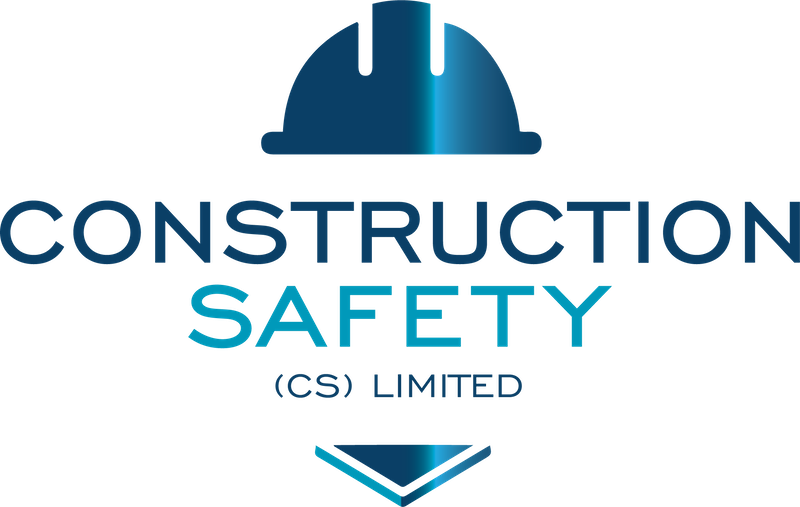Provision of welfare facilities during construction work – construction firm prosecuted due to inadequate welfare facilities on site
A construction company has been prosecuted after failing to ensure suitable welfare facilities were provided for workers on site.
The Court heard that the company had been issued with multiple Improvement Notices, following an inspection by a Health and Safety Executive (HSE) inspector at the company’s site in the summer of 2018. The company subsequently complied with the Improvement Notices that had been served for fire safety and respiratory risks, but failed to comply with the minimum standards of health, safety and welfare on site.
An investigation by the HSE found that welfare facilities on site had been in a poor condition, in particular there being no hot or warm running water, and that the company did not provide evidence of compliance with the Improvement Notice within the deadline. The company was previously subject to enforcement action by HSE in 2017 that included an Improvement Notice in relation to the absence of adequate welfare provisions at a different site.
The company pleaded guilty to breaching Section 21 of the Health and safety at Work etc. Act 1974 and Regulation 13(4) of the Construction (Design and Management) Regulations 2015. The company was fined £8,000 and ordered to pay costs of £1,814.90.
The HSE inspector said after the hearing: “Companies should be aware that HSE will not hesitate to take appropriate enforcement action against those that fall below the required standards. Furthermore, companies that fail to comply with an Improvement Notice in the time allowed can expect to be prosecuted since this is a criminal offence in its own right regardless of the circumstances under which the original Improvement Notice was served.”
Managing construction health risks: Welfare
Everyone who works on a construction site must have access to toilets and facilities for washing, changing, eating and rest. This page gives an overview of what you must do. Answers to other common questions can be found in the FAQs.
Who
Contractors are required to provide welfare facilities and clients must ensure this happens. Decisions and action on this need to be taken at an early stage of project planning.
- Commercial clients – you must make sure contractors have arrangements for providing the right welfare. This applies to all construction work.
- Contractors – you must provide the right welfare for workers under your control while they are on site. Principal Contractors must ensure that this is done from the start of the project until it finishes.
Clients should co-operate with contractors and help them in situations where providing welfare facilities are difficult.
What
Schedule 2 of the Construction (Design and Management) Regulations 2015 (CDM 2015) lists the welfare facilities that should be in place at any site. This includes:
The type and number of facilities you need depends on the size and type of work. You may need additional facilities (such as showers) to control the risks from hazardous substances like cement, lead or micro-organisms. Also, remember that separate facilities may be needed for men and women.
Where
Consider the positioning of your facilities before starting on site. This will depend on the work you are doing. For fixed sites think about:
- whether they will have to be moved during the project
- access for cleaning and maintenance
- encouraging the use of washing facilities by positioning them near to rest / eating areas
- the distance from the furthest part of the site to the nearest facilities and how long it takes someone to get there (either walking or by vehicle). This time should be as short as possible. You may need additional toilets and washing facilities for workers in more remote parts of larger sites
- arrangements for using any existing facilities. You can use those in a local café, public toilets or an occupied building. However, you need to make sure:
- you have proper agreement with the owner allowing their use (not necessarily in writing)
- they are available all the time that workers are on site
- there are measures for keeping them clean and replacing towels, soap, toilet paper etc
Temporary sites, like highway utility or repair work, and workers in remote areas, such as fields, require good welfare too. Where you put your welfare for this type of work depends on a number of factors such as how long the work will take, the distance from other available facilities and whether there will be any hazardous substances present. Options include:
- Central compound – workers should be able to access this easily and quickly. Take into account any likely delays due to traffic / distance. You may need ‘satellite’ compounds for more remote workers.
- Mobile units – a number of different self-contained welfare units are available. Remember when selecting these that they still have to meet certain minimum standards regarding toilets / washing and changing, eating and rest areas.
Why
Welfare is a fundamental and basic necessity for workers. It is also is required by law. Providing the right welfare sets the tone for a project and demonstrates a commitment to meeting workers’ needs.
Welfare facilities form an important control measure in their own right as well. They help protect workers against the risks from hazardous substances such as cement, lead or micro-organisms.
For more information, visit the HSE web page: http://www.hse.gov.uk/construction/healthrisks/welfare/index.htm
Contains public sector information licensed under the Open Government Licence v3.0.
